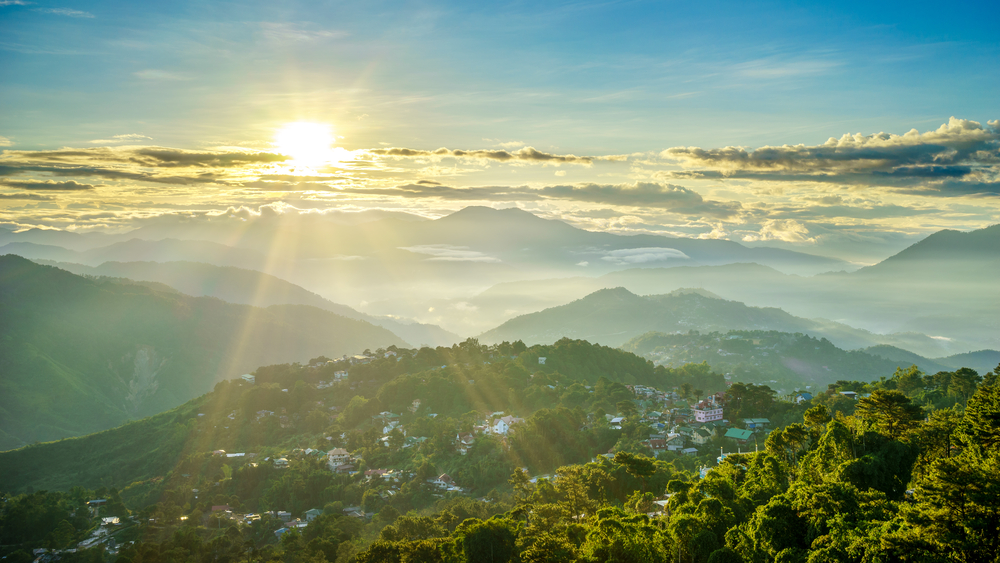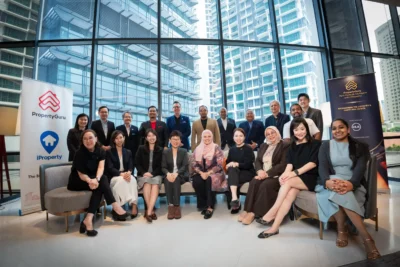The Philippines is revitalising its tourism industry
The country is driving economic recovery and enhancing competitiveness by strengthening hotel infrastructure and standards to foster sustainable growth and global appeal

Tourism is a significant contributor to the Philippine economy, accounting for 12.7 percent of the GDP in 2019 and employing 5.71 million Filipinos. However, the industry suffered from the impact of the COVID-19 pandemic, with accommodation and food services being heavily affected. The Socioeconomic Research Portal for the Philippines noted how, to address this, policymakers need to develop a recovery roadmap that includes fair labour policies, welfare-centred programs, and open communication. Additionally, investments in air transport infrastructure are necessary to meet the growing demand and make the sector competitive.
The country has potential for medical tourism but needs to establish a coordinating body, create marketing campaigns, and develop medical airline packages. Lastly, sustainable tourism should prioritise environmental and cultural preservation while involving and empowering local communities. The Philippine Development Plan 2023-2028 aims to improve the tourism sector through sustainability, inclusivity, and resilience.
According to The Inquirer, the Philippine Hotel Owners Association (PHOA) is collaborating with the Department of Tourism to develop two frameworks that will serve as national policy guides for the hotel industry in the country. The first framework is the “Philippine Hotel Industry Strategic Action Plan,” which aims to create an industry roadmap outlining the hotel infrastructure needs in the Philippines. The plan, initiated in November the previous year, is currently under review, and the target completion date was initially set for June. However, the PHOA will determine this week if they can meet the deadline.
Related: A new green development sprouts in the Philippines
According to Benito Bengzon Jr., the executive director of PHOA, the industry roadmap will provide information on the locations, categories, configurations, and volume of hotel development in the country. It will serve as a guide for future hotel projects.
The second framework involves upgrading the Philippine hotel industry’s standards system. The goal is to enhance the global competitiveness of Philippine accommodations and standardise the facilities found in hotels and resorts throughout the country. This effort aims to ensure a consistent and high-quality experience for guests.
Bengzon revealed that PHOA members have approximately 30 new hotel projects in the pipeline from 2023 to 2026, which will add around 8,000 new hotel rooms once completed. These initiatives signify the industry’s commitment to expanding and improving the hotel infrastructure in the Philippines to meet the growing demand from both domestic and international travellers.
The Property Report editors wrote this article. For more information, email: [email protected].
Recommended
6 reasons Bekasi is rising as Greater Jakarta’s next hotspot
One of Greater Jakarta’s rising stars is prospering, thanks to ample recreation and a contingent of desirable housing projects
6 developments driving Asia’s green real estate shift
Developers are being incentivised to push a green agenda into daring new realms
The Philippines’ LIMA Estate drives sustainable industrial growth
LIMA Estate models a citywide vision that uplifts workers while appealing to climate-conscious employers
Malaysia property market rebounds with foreign interest and growth
The nation’s property market is stirring to life, fuelled by foreign buyers and major infrastructure drives







